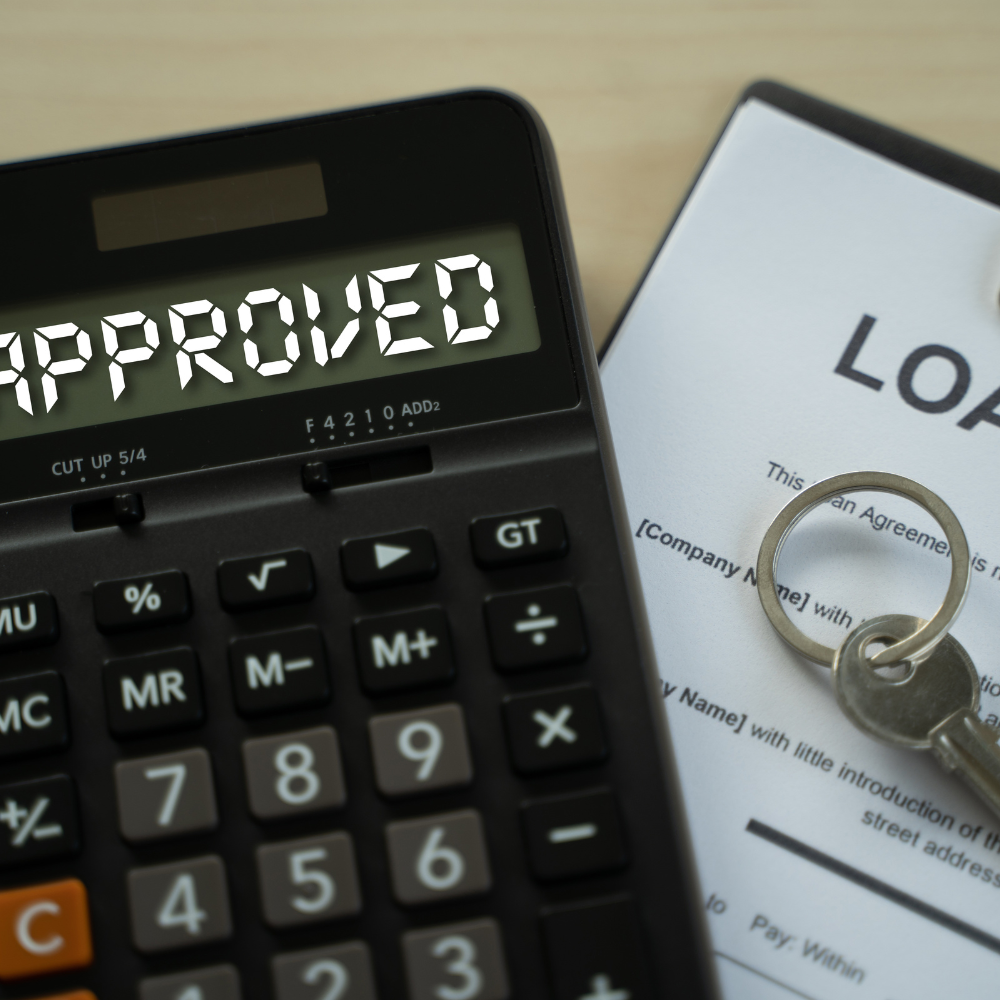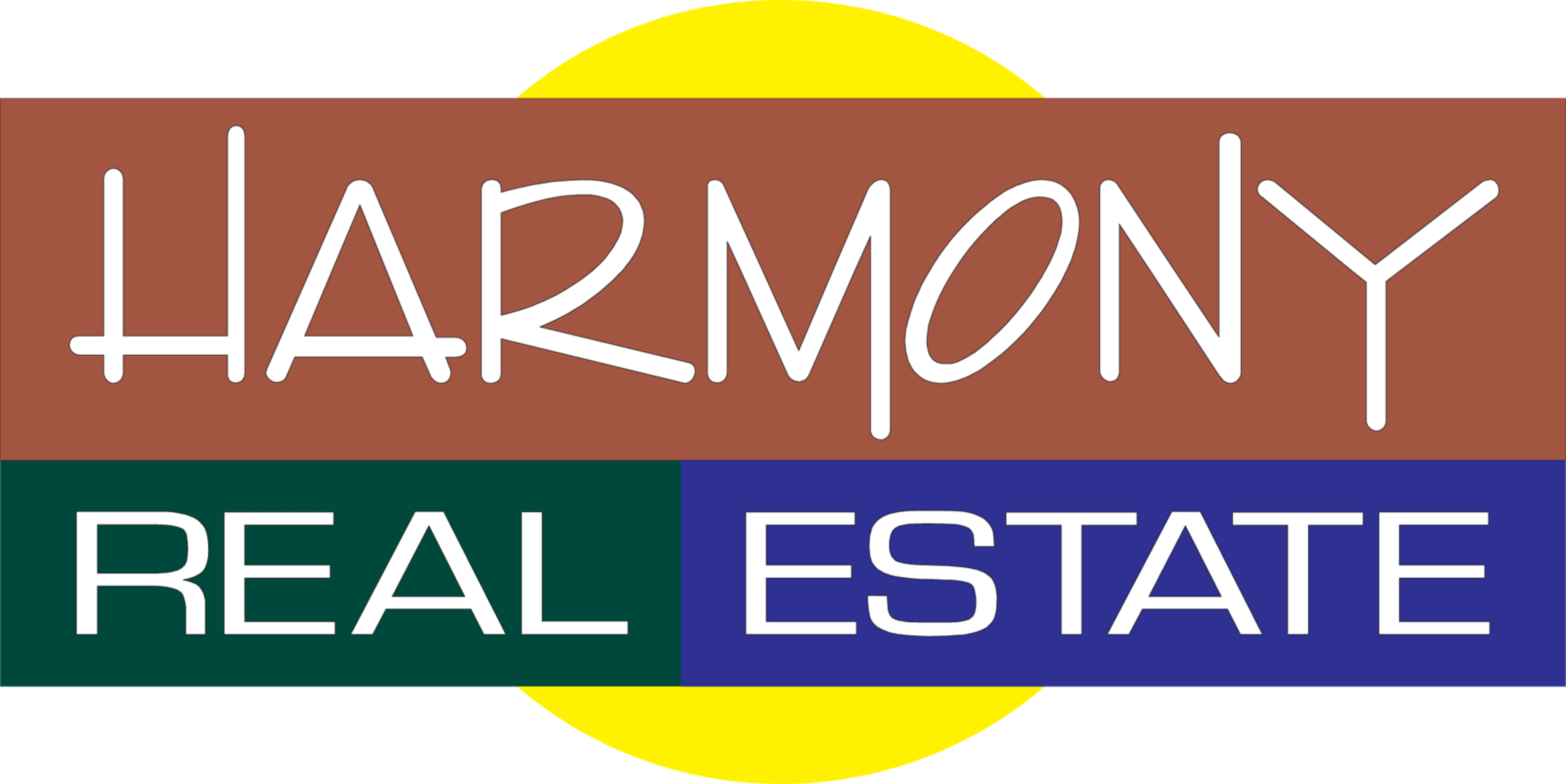The Ultimate Guide to Understanding FHA, VA, USDA, and Conventional Loans

When you're ready to buy a home in Southern New Hampshire, one of the biggest decisions you'll make is choosing the right type of loan. With beautiful Southern NH houses for sale, you'll want to ensure that you select the mortgage that best suits your needs. The most common types of loans are FHA, VA, USDA, and Conventional loans. Understanding the differences between these loans can help you make the best choice for your financial situation and homeownership goals.
What Are FHA Loans?
FHA Loans are mortgages insured by the Federal Housing Administration (FHA). These loans are popular among first-time homebuyers and those with lower credit scores because they have more flexible requirements than other loan types.
Benefits of FHA Loans
- Lower Down Payment: With an FHA loan, you can put down as little as 3.5% of the home’s purchase price. This makes it easier for buyers who don’t have a large amount of savings to get into a home—perfect if you’ve been eyeing those Southern NH houses for sale.
- Easier Credit Requirements: FHA loans are designed to help people with lower credit scores. You can qualify with a credit score as low as 580, and even lower in some cases with a higher down payment.
- Higher Debt-to-Income Ratio Allowed: FHA loans allow for a higher debt-to-income ratio, meaning you can qualify for a loan even if you have more existing debt.
Drawbacks of FHA Loans
- Mortgage Insurance Premiums: FHA loans require you to pay mortgage insurance premiums (MIP), both upfront and annually. This insurance protects the lender if you default on the loan, but it can add to your monthly payment.
- Property Standards: The property you want to buy with an FHA loan must meet certain standards. If the home needs significant repairs, you may not be able to use an FHA loan to purchase it.
Who Should Consider an FHA Loan?
If you’re a first-time homebuyer, have a lower credit score, or don’t have a large down payment saved, an FHA loan might be a good option for you. It’s also a good choice if you have a higher debt-to-income ratio, as FHA loans are more lenient in this area.

What Are VA Loans?
VA Loans are mortgages guaranteed by the U.S. Department of Veterans Affairs (VA). These loans are available to eligible veterans, active-duty service members, and certain members of the National Guard and Reserves.
Benefits of VA Loans
No Down Payment Required: One of the biggest benefits of a VA loan is that you don’t need to make a down payment. This can make homeownership more accessible for veterans and service members. Imagine securing one of those Southern NH houses for sale with zero money down!
No Private Mortgage Insurance (PMI): Unlike FHA loans, VA loans don’t require you to pay private mortgage insurance (PMI), which can save you money each month.
Competitive Interest Rates: VA loans typically have lower interest rates compared to other loan types. This can save you thousands of dollars over the life of the loan.
Drawbacks of VA Loans
Funding Fee: While VA loans don’t require PMI, they do require a funding fee, which helps offset the cost of the program to taxpayers. The amount of the fee varies based on factors like your down payment and whether it’s your first time using a VA loan.
Eligibility Requirements: Not everyone can qualify for a VA loan. You must meet specific service requirements, and the property you’re buying must be your primary residence.
Who Should Consider a VA Loan?
If you’re an eligible veteran, active-duty service member, or a qualifying member of the National Guard or Reserves, a VA loan is an excellent option. It’s especially beneficial if you don’t have a down payment saved or want to avoid paying PMI.

What Are USDA Loans?
USDA Loans are mortgages backed by the U.S. Department of Agriculture (USDA). These loans are designed to help low- to moderate-income buyers in rural and suburban areas.
Benefits of USDA Loans
No Down Payment Required: Like VA loans, USDA loans don’t require a down payment, making homeownership more accessible for those with limited savings. This can be a game-changer if you’ve found a cozy spot among Southern NH houses for sale in a rural area.
Low Interest Rates: USDA loans often come with competitive interest rates, which can help you save money over the life of the loan.
Affordable Mortgage Insurance: While USDA loans do require mortgage insurance, the cost is typically lower than that of FHA loans.
Drawbacks of USDA Loans
Geographic Restrictions: USDA loans are only available in certain rural and suburban areas. If you want to buy a home in a more urban area, you won’t be able to use a USDA loan.
Income Limits: To qualify for a USDA loan, your income must fall within certain limits, which vary by location. This can make it difficult for higher-income earners to qualify.

Who Should Consider a USDA Loan?
If you’re looking to buy a home in a rural or suburban area and have a moderate income, a USDA loan could be a great option. It’s also a good choice if you don’t have a down payment saved and want to benefit from lower mortgage insurance costs.
What Are Conventional Loans?
Conventional Loans are mortgages that aren’t backed by a government agency. These loans are available through private lenders and are the most common type of mortgage.
Benefits of Conventional Loans
No Mortgage Insurance with 20% Down: If you can make a 20% down payment, you won’t have to pay private mortgage insurance (PMI). This can save you money on your monthly payment, giving you more financial freedom when browsing Southern NH houses for sale.
Flexible Terms: Conventional loans offer a wide range of terms, including fixed and adjustable rates, and can be used for primary residences, second homes, and investment properties.
Higher Loan Limits: Conventional loans typically have higher loan limits than government-backed loans, making them a good option for buyers in high-cost areas.

Drawbacks of Conventional Loans
Stricter Credit Requirements: Conventional loans usually require a higher credit score than FHA, VA, or USDA loans. You’ll typically need a credit score of at least 620 to qualify.
Larger Down Payment Required: While you can get a conventional loan with as little as 3% down, you’ll need a larger down payment to avoid paying PMI. This can be a barrier for some buyers.
Who Should Consider a Conventional Loan?
If you have a good credit score, a sizable down payment, and want the flexibility to buy different types of properties, a conventional loan might be the best choice for you. It’s also a good option if you’re looking to buy in a high-cost area and need a higher loan limit.
Comparing FHA, VA, USDA, and Conventional Loans
Now that we’ve covered the basics of each loan type, let’s compare them to help you decide which one might be right for you as you look into Southern NH houses for sale.
Down Payment Requirements
FHA Loans: As low as 3.5%
VA Loans: No down payment required
USDA Loans: No down payment required
Conventional Loans: As low as 3%, but 20% to avoid PMI
Credit Score Requirements
FHA Loans: 580 or lower with a higher down payment
VA Loans: No minimum credit score, but most lenders require 620 or higher
USDA Loans: Typically 640 or higher
Conventional Loans: 620 or higher
Mortgage Insurance
FHA Loans: Required for the life of the loan
VA Loans: No PMI, but a funding fee is required
USDA Loans: Required, but typically lower than FHA
Conventional Loans: Required if down payment is less than 20%, but can be canceled once you reach 20% equity

Loan Limits
- FHA Loans: Varies by county, generally lower than conventional
- VA Loans: No loan limits for eligible borrowers with full entitlement
- USDA Loans: Varies by area, generally lower than conventional
- Conventional Loans: Higher loan limits, especially in high-cost areas
Property Eligibility
- FHA Loans: Must meet property standards set by FHA
- VA Loans: Must be your primary residence
- USDA Loans: Must be in a USDA-eligible rural or suburban area
- Conventional Loans: No specific property requirements, can be used for primary residences, second homes, and investment properties
Who Should Choose FHA Loans?
FHA loans are ideal for first-time homebuyers or those with lower credit scores. If you don’t have a large down payment saved, FHA loans offer an affordable way to buy a home—especially if you're considering one of the lovely Southern NH houses for sale.
Who Should Choose VA Loans?
If you’re an eligible veteran or active-duty service member, a VA loan offers unbeatable benefits like no down payment and no PMI. It's perfect if you’re looking at Southern NH houses and want to maximize your home-buying power.
Who Should Choose USDA Loans?
USDA loans are great if you’re buying in a rural or suburban area and meet the income requirements. If you’re eyeing a home in a more country-like setting in Southern NH, a USDA loan could help you secure it with no down payment.
Who Should Choose Conventional Loans?
Conventional loans are best for those with good credit and a sizeable down payment. They’re ideal if you’re buying in a high-cost area or want the flexibility to purchase different types of properties.
Choosing the right loan can make a big difference in your home-buying experience. By understanding the differences between FHA, VA, USDA, and Conventional loans, you can find the option that best fits your needs and helps you buy your dream home in Southern New Hampshire. Whether you’re looking at charming houses in South Nashua or cozy homes in South Hudson, there's a loan type that can make your dream a reality.

If you’re ready to explore your mortgage options and start your journey to homeownership, reach out to a local REALTOR who can guide you through the process. Ready to find your new home in Southern NH? Contact us today to start your search and get expert advice on securing the best mortgage for you!
This comprehensive guide should give you a solid understanding of the different loan options available and how to choose the best one for your needs. If you have any questions or need assistance, don't hesitate to reach out!
